To provide the best experiences, we use technologies like cookies to store and/or access device information. Consenting to these technologies will allow us to process data such as browsing behaviour or unique IDs on this site. Not consenting or withdrawing consent, may adversely affect certain features and functions.
The technical storage or access is strictly necessary for the legitimate purpose of enabling the use of a specific service explicitly requested by the subscriber or user, or for the sole purpose of carrying out the transmission of a communication over an electronic communications network.
The technical storage or access is necessary for the legitimate purpose of storing preferences that are not requested by the subscriber or user.
The technical storage or access that is used exclusively for statistical purposes.
The technical storage or access that is used exclusively for anonymous statistical purposes. Without a subpoena, voluntary compliance on the part of your Internet Service Provider, or additional records from a third party, information stored or retrieved for this purpose alone cannot usually be used to identify you.
The technical storage or access is required to create user profiles to send advertising, or to track the user on a website or across several websites for similar marketing purposes.
 A new report claims to reveal fresh insights into how firms assess workplace productivity. The report, published by Jabra, argues that many businesses cannot decide how to tackle the problem of measuring productivity – or who is ultimately responsible for doing so. The report is based on interviews with 688 CEOs and board level executives in the US, UK, France, Germany, Sweden and Denmark.
A new report claims to reveal fresh insights into how firms assess workplace productivity. The report, published by Jabra, argues that many businesses cannot decide how to tackle the problem of measuring productivity – or who is ultimately responsible for doing so. The report is based on interviews with 688 CEOs and board level executives in the US, UK, France, Germany, Sweden and Denmark.







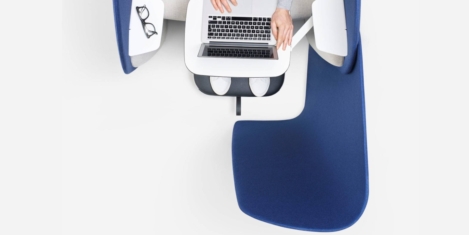
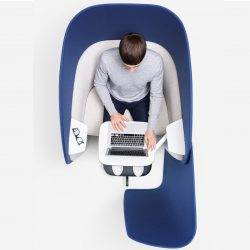
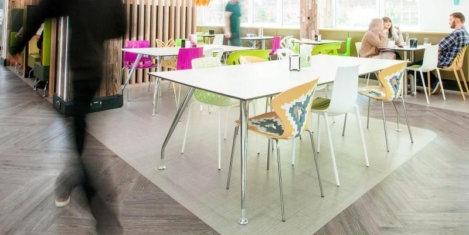
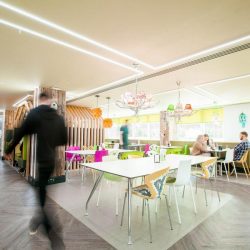
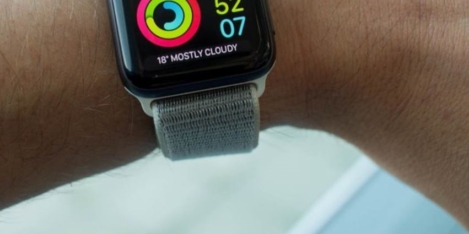







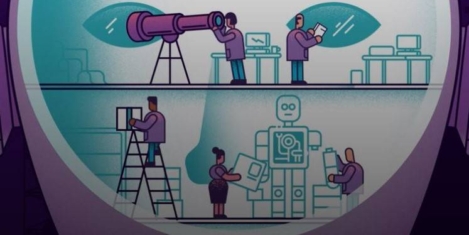
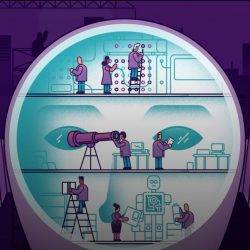
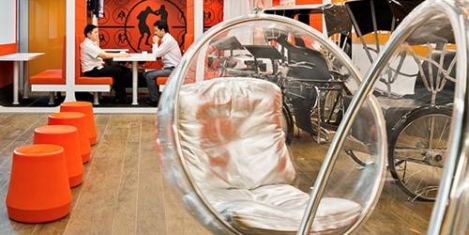
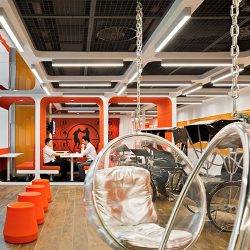











May 20, 2019
Adversity and chaos can help to foster creativity 0
by Paul Goodchild • Comment, Workplace design
(more…)